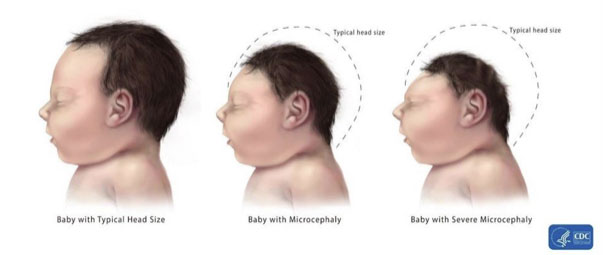The term "Zika" may conjure up images of mosquitoes, which are responsible for the majority of the infections we experience
However, there is a different virus that can be contracted through mosquito bites. This virus is known as "West Nile Virus." As its name suggests, it is a virus that spreads from one human to another through biting or touching.
West Nile virus symptoms are similar to those of other viruses, including fever, headache, rash, diarrhea, vomiting, and nausea. However, the most common symptoms are aches and fatigue. Although these are the first signs of West Nile virus, other serious illnesses can develop in people who become infected with the virus.
West Nile virus is caused by a strain of the Culex mosquito. Aedes Aegypti mosquitoes carry the virus carried by infected Aedes species. Aedes aegypti mosquitoes can carry the virus in saliva, which is transmitted by a bite or on the skin, and can also be transmitted through bites.
If a person becomes infected with West Nile virus and does not receive timely treatment, the strain could spread throughout the community. When this virus spreads among people living in close contact with an infected person, an outbreak can occur, leading to an outbreak of several types of diseases such as ต่อมน้ําลายอักเสบ, Guillain-Barré Syndrome (GBS), arthritis and other bone diseases, and even heart disease …
People can become infected with Zika and West Nile virus through the bite of an infected mosquito. The virus multiplies in the blood of an infected mosquito. It has also been found in the body fluids of an infected mosquito, including feces. However, there is no evidence that humans can contract West Nile virus through a bite. People are less likely to contract the Zika virus than mosquitoes.
Because West Nile virus is very similar to several other types of disease, some people are afraid to get tested for it because they fear it might be the result of another disease. Although West Nile virus does not usually cause disease, it can be a symptom of an underlying disease. So, it's always a good idea to ask your doctor to examine you before making any decisions about your health.

Zika is highly contagious and it is important to avoid being bitten if you plan to travel to areas with an outbreak of West Nile Virus
While there are no proven cases of an infected person traveling to other parts of the world, it is always best to take precautions.
To prevent this health problem from spreading, people should practice proper hygiene, wear sunscreen when outdoors, and limit their exposure to mosquitoes and the environment where mosquitoes breed. This virus is easily transmitted. There are many effective products available to prevent mosquitoes from transmitting this disease to humans. All pregnant women, children and people who are in the reproductive stage of their lives should avoid being bitten. For those who already have this illness, taking preventative measures can help prevent transmission to others.
Symptoms of this virus include fever, rash, nausea, vomiting and dehydration. Some people may experience joint ache, a headache or fever. People who are pregnant should avoid getting bitten. If you have any of these symptoms and suspect that you have been infected, see your doctor as soon as possible.
As soon as you begin to experience any of these symptoms, contact your doctor for a diagnosis to rule out any underlying health conditions. They may suggest treatment options like Zovirax, which blocks the viral proteins that cause the virus. or other treatment options to treat the mosquito that brought the virus to you.
Another common symptom of this illness is loss of appetite. It is important to keep yourself hydrated during this time. Foods that can help boost your immune system are juices, vegetables, nuts and fruits. Water is especially helpful as it helps your body flush out toxins. Foods that will boost your immune system are fruits, juices, vegetables and nuts.
You should also seek medical care if you notice any unexplained changes in your skin or body. Your doctor can perform tests to find out what's causing your changes. A doctor can also test you for other infections and treat them if necessary.